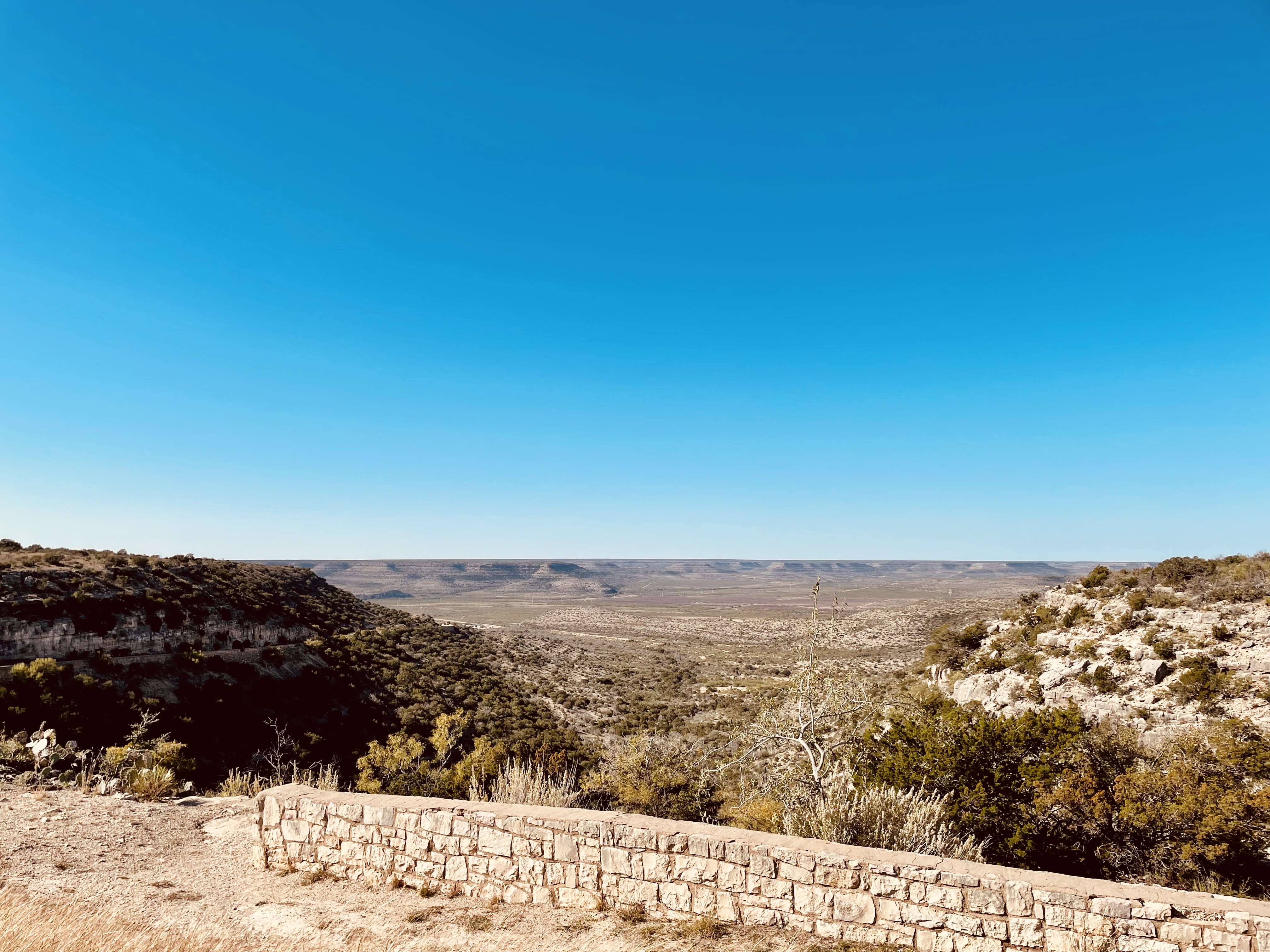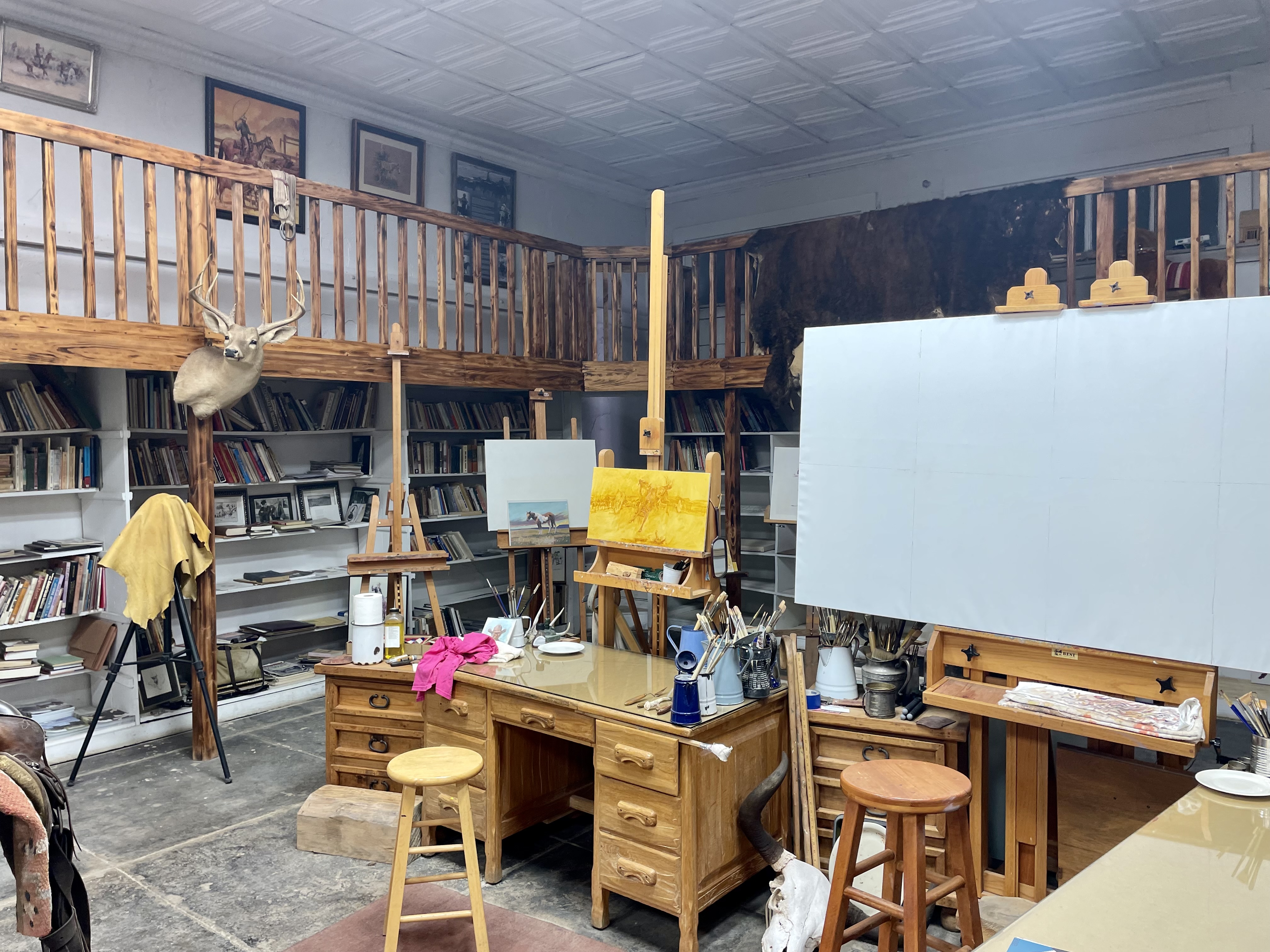Just weeks after I took my new leadership role here at TCU, a few employees approached me to recommend our organization recognize and observe the Juneteenth holiday. These individuals argued persuasively that formal recognition of the holiday would reenforce TCU’s commitment to diversity, equity, and inclusion, and demonstrate to the communities we serve that TCU remains committed to support Black – and other historically marginalized communities by promoting financial inclusion, equity, and economic opportunity.
As I thought more about the Juneteenth holiday and its significance not only on Black history, but American and even world history, their proposal resonated. These TCU employees’ passion and commitment for the symbolism of Juneteenth touched me. After brief discussion, TCU’s executive leadership team immediately and unanimously concluded that it was important and urgent for TCU to formally observe the Juneteenth holiday alongside everyone who celebrates Black freedom, education, and achievement. Furthermore, it is important for TCU to acknowledge the holiday openly in the communities we serve. TCU offices and branch locations will be closed on Monday, June 20 in observation of the Juneteenth holiday.
Personally, I have used the Juneteenth discussion and TCU’s decision to add the holiday as an opportunity to continue my own education about June 19, 1865, related circumstances, and celebration traditions. Here just are a few interesting things I’ve learned:
- Full enforcement of the Emancipation Proclamation may have come late to Texas, but the state was earliest to acknowledge the day as an official holiday by enacted law on January 1, 1980 due to the effort of Al Edwards, a Black Texas state legislator.
- Regiments of Black soldiers began forming very shortly after June 19, 1865, and the end of the Civil War. These “buffalo soldier” regiments played a key role in U.S. history. Last year, I visited Fort Lancaster near Sheffield, Texas. Buffalo soldiers stationed there defended westward-traveling settlers and fought the Battle of Fort Lancaster -- the only time in history a U.S. military fortification was attacked by Native Americans. Here is a photo I took looking down into the Sheffield Draw where the ruins of Fort Lancaster are located. After I saw Fort Lancaster, I spent some time in Sheffield visiting with local artist and real-life cowboy Mike Capron. His large oil painting of the Battle of Fort Lancaster is striking and quite something to see in person.

Overlooking the Sheffield Draw and the Fort Lancaster historic site

Mike Capron’s art studio in Sheffield, Texas
- Potluck-style barbecues were a significant feature of many early Juneteenth celebrations, and still are today (often outdoors in parks and public spaces). This weekend I will grill for my family and share with them some of the new things I’ve learned about the history of Juneteenth.
It is important for TCU to embrace this holiday and appreciate its historical significance and recognize the value it holds in the Black community. TCU strives to nourish a culture where all people feel comfortable and included. A powerful way to build that culture is by getting to know one another as individuals and build supportive relationships in which we are curious about each other’s history and culture.
As all of you find your own ways to observe and celebrate Juneteenth this weekend, I hope you will not miss the opportunity to remember the origin and meaning of the holiday and reflect on what it should mean to you, your family, and your community (as we all should do for every holiday our society acknowledges).
Thank you and have a happy Juneteenth!

Jason M. Osterhage